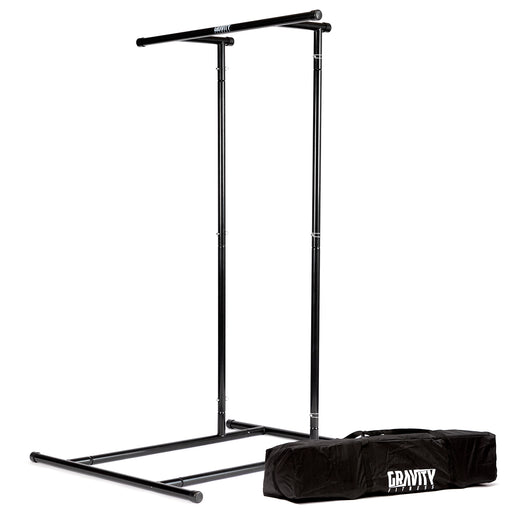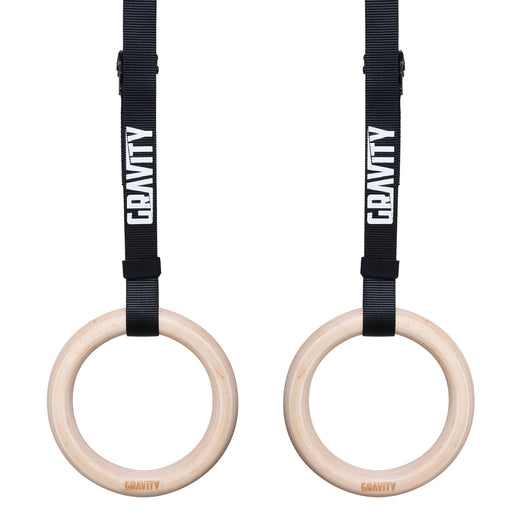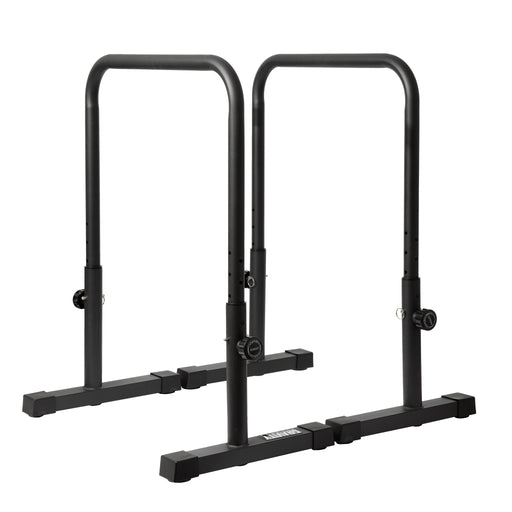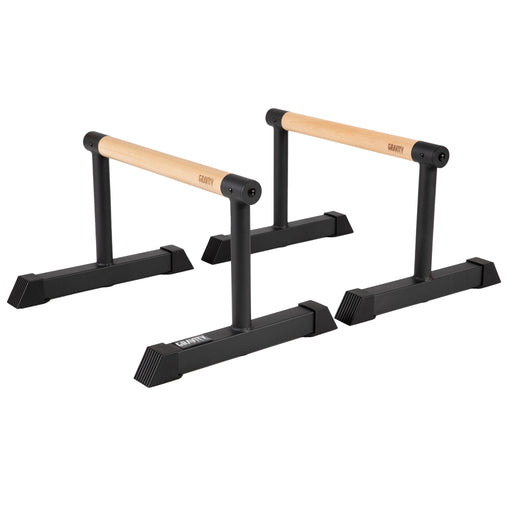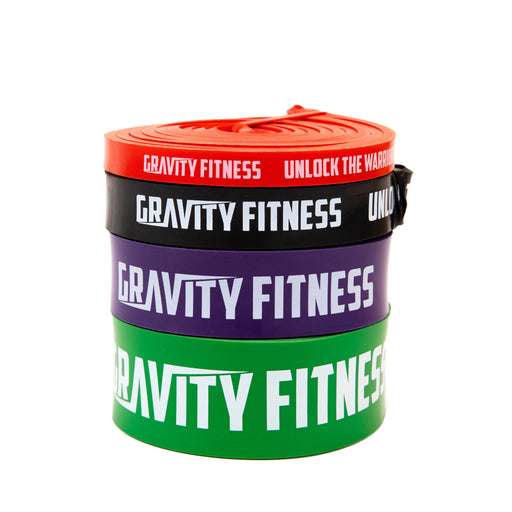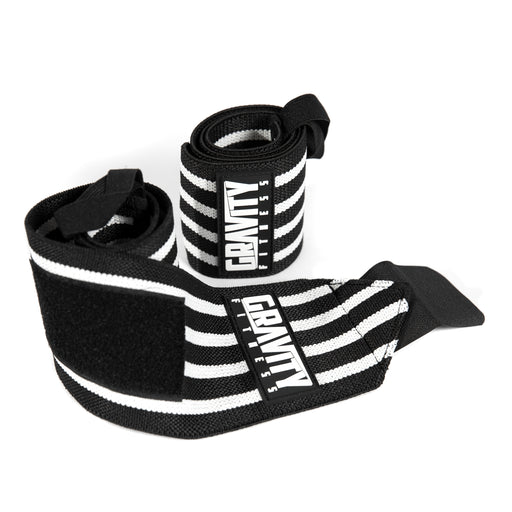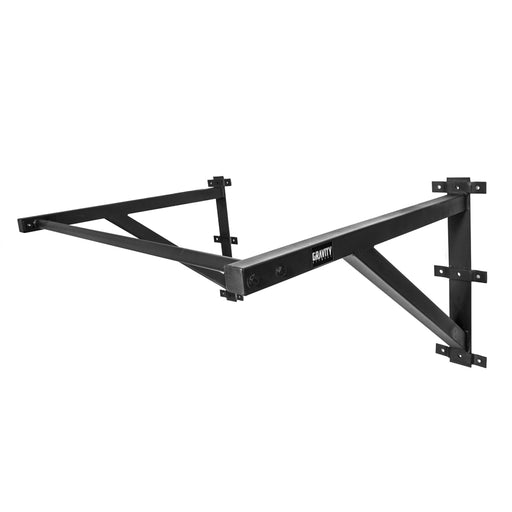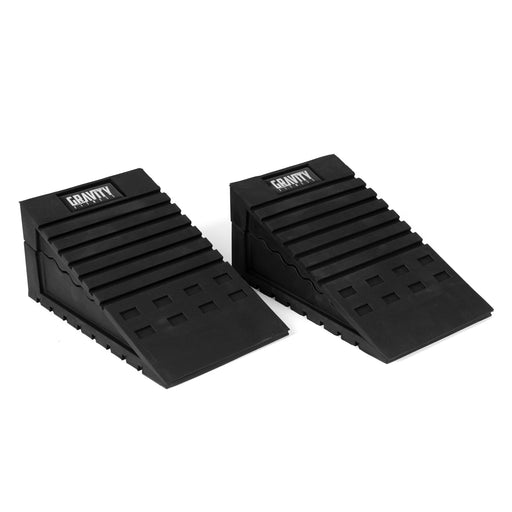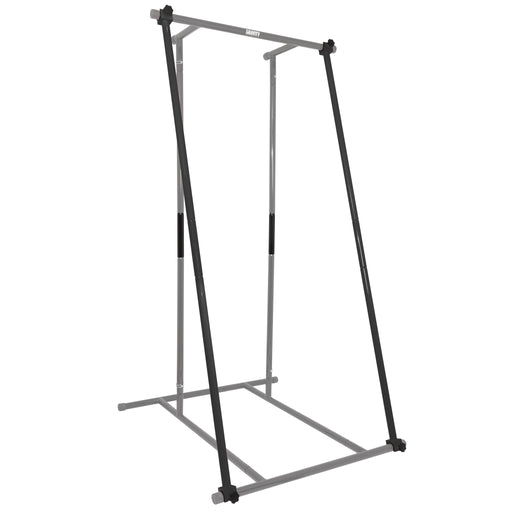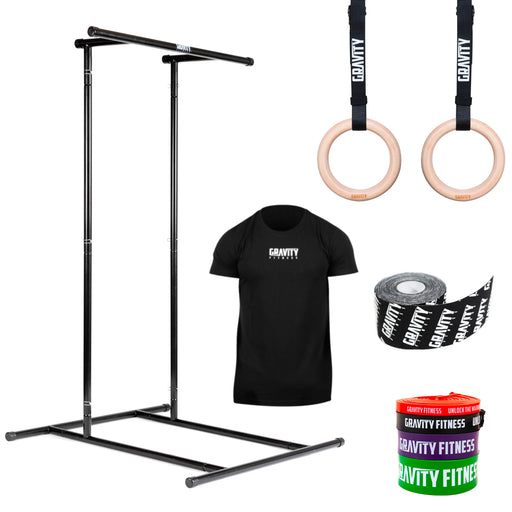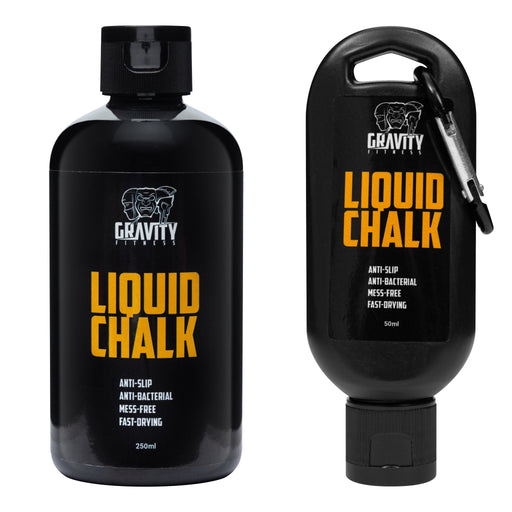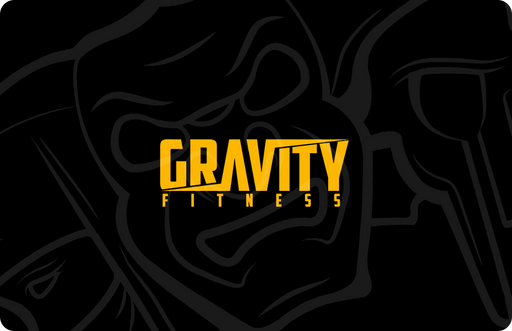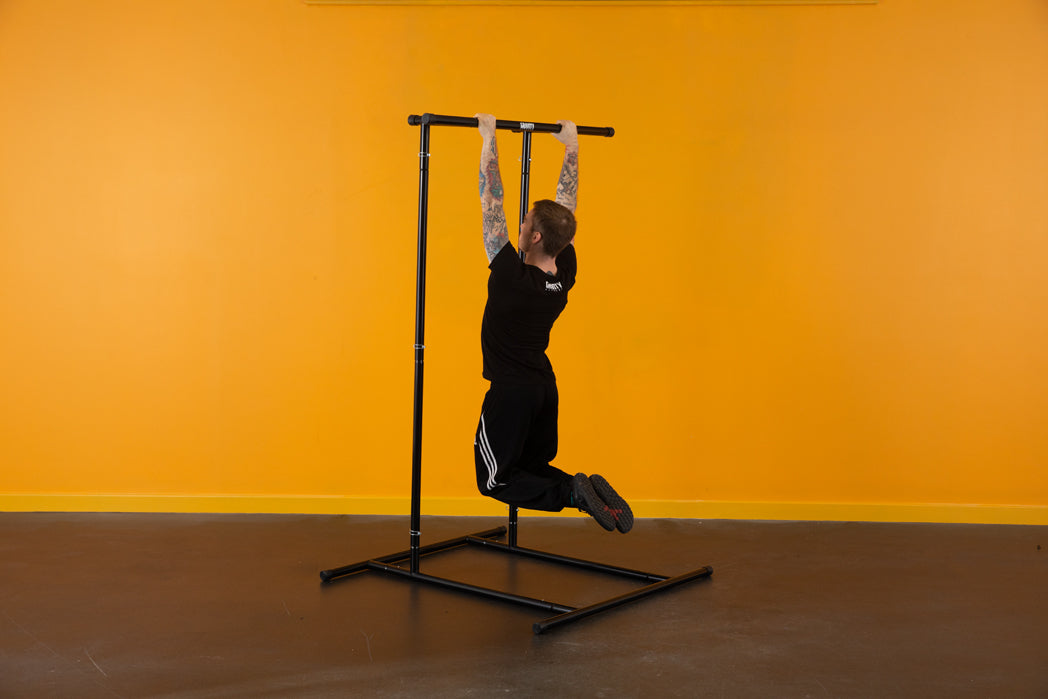
How to simplify the basics for an optimal life
How to simplify the basics for an optimal life
Take the stress out of being healthy by going back to basics.
It’s human nature to seek out the best way to do things, and this often means overlooking tried-and-tested methods in search of new approaches.
And when it comes to being healthy, we tend to chase perfection and overlook the simpler path of doing the basics and doing them well.
Let’s talk about how to strike a balance between aiming for optimal, and simplifying a long-term healthy lifestyle.
When did fitness become so complicated?
The timeline of modern-day health and fitness is pretty interesting. “Working out” didn’t become popular until the 1950s, and “dieting” as we know it became mainstream between the 1920s and 1960s. The diet and fitness industries are barely 100 years old. And in that time, we’ve also seen the rise of commercial gyms, mass participation sport, physique competitions, personal training, online coaching, fitness apps, and social media. No wonder we’re all so confused about the best way to approach feeding, moving, and resting our bodies.
Short term vs long term fitness lifestyle
Many of us start our relationship with training or nutrition for a short-term goal, like weight loss, body transformation, or a new sport. This often means making big changes to our routines, which work for a time. But they’re not sustainable.
As our goals change – and as we get older – we start to appreciate the bigger picture. By looking at health, fitness and wellness as the foundations of a long and happy life, our thoughts return to the basics that run through every healthy lifestyle goal. A healthy balanced diet, a varied exercise routine, plenty of daily movement, and enough mental and physical rest.
3 ways to simplify your healthy habits
If you feel like you’ve lost sight of the basics, it might be time to simplify things by decluttering your habits.
- Audit your habits
Start by writing down any self-imposed rules or targets you hold about food (buying, cooking, eating), training (type, frequency, duration), activity, rest, and sleep. What’s your ultimate goal? Do your habits fit your lifestyle, support your happiness, and free up time and energy? Or are they a source of stress? Be honest and don’t be afraid of letting go of long-held beliefs.
- Less is more
Are you caught in a cycle of doing more, eating more, and needing to rest more (but resisting it)? Consider the possibility that less might be more. Do you need to train so much? If you trained less, could food have less of a stranglehold over your routine? Would you really lose out if you did less and slept more?
- Think outside the box
Many of us are caught in a rigid mindset about eating and training. What would happen if you loosened your grip and swapped out some cardio sessions with a gentle walk with your dog or kids? Or relaxed your rule about that morning routine so you got a bit more sleep? Think long term and the possibilities open up.
How to go back to basics for a healthy life
All this overthinking about “the best” way to be fit and healthy takes up a lot of time and energy. If you go back to the sustainable basics, you’ll free up precious brain space to enjoy a bigger life. It’s something we think about a lot at Gravity Fitness HQ. We’d love to know your take on it.
The basics of training
- Release the rigid mindset of a wrong or right way to exercise
- If you enjoy something, do it, but don’t be afraid to move on
- Try to include some resistance/strength training, cardio, and mobility but remember there are 100s of ways to approach these
- You’re probably already doing enough – fitness folk rarely need to do more, in fact most of us could benefit from more rest days
The basics of physical activity
- Movement is important for heart health and mental wellbeing
- Being generally active is just as important as formal dedicated workout sessions
- Explore all kinds of activity to find something/s you really enjoy
- Move your body more during the day, even if this means doing less actual training sessions
- Listen to your body and honour the kind of movement it needs
The basics of healthy nutrition
- Ignore fads and stick to the basics of balance
- Focus on protein, vegetables/fruits, and sources of fibre
- Reject rigid rules and question diet culture
- Learn to listen to your body’s hunger and fullness cues
- Don’t deny yourself anything completely as it’s likely to backfire
- Eat in a way that supports your physical, mental and social health
- Drink more water, most of us don’t get enough hydration
- Eat slowly and enjoy your food
The basics of rest and recovery
- Don’t try to power through tiredness all the time, there are no awards for muscling through exhaustion
- Learn your body’s cues for being stressed, tense, or running on adrenaline
- One more rest day will probably do you good
- Try going to bed 30 minutes earlier and see how it feels for a week
- Establish a sleep routine you can generally stick to
- Find ways to truly switch off and relax without feeling guilty for being “unproductive”












